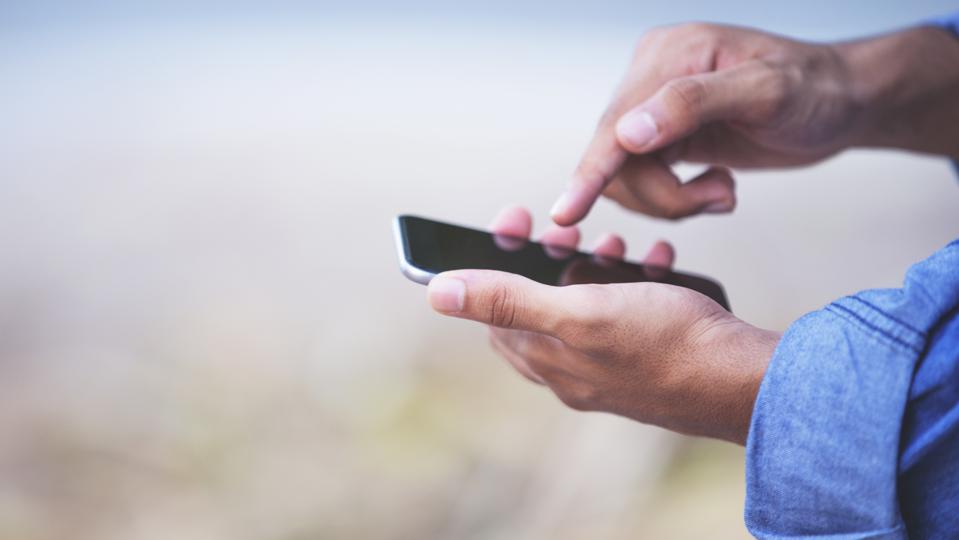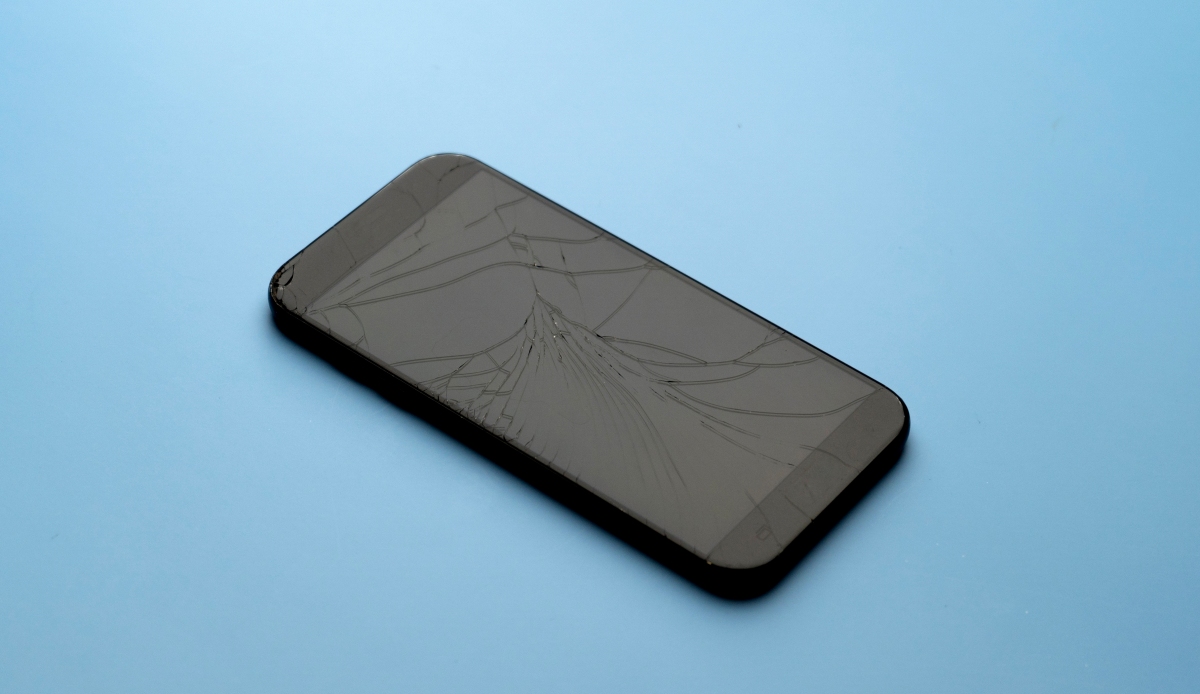Best VPNs for Australian iPhones – Forbes Advisor Australia
An iPhone VPN can protect your privacy on the go and at home. Here’s what you need to know about choosing the best one.
Essential Mobile VPN Features
- Strong Encryption: Get a VPN with industry-standard encryption protocols such as OpenVPN and WireGuard for better security and privacy.
- Strict No-Logs Policy: No-logs policy assures that the VPN provider doesn’t store any info on your internet usage, making it impossible for them to share your data with other people.
- Kill Switch: This feature automatically severs your device from the internet if the VPN connection disconnects, ensuring there are no data leaks.
- DNS Leak Protection: DNS leak protection safeguards your DNS queries, keeping your browsing activity private and secure.
- IPv6 Leak Protection: This feature prevents IPv6 leaks, which can expose your real IP address and compromise your privacy.
iOS Compatibility and Multi-Device Use
Most iPhone VPNs also work on other iOS devices such as iPads and iPod Touch. Additionally, many VPN providers offer apps for non-Apple products, including Android and Windows devices, allowing you to secure multiple devices under a single subscription. However, some providers have protocols built for specific devices (for example, hide.me has Bolt for Windows).
Pricing
Users should expect to pay for VPNs on a subscription basis, typically monthly or annually. Standard iPhone VPN rates are around $5 AUD to $15 AUD per month if paid month to month, but users can save significantly by opting for longer-term plans. Annual and multi-year subscriptions often come with considerable discounts, lowering the average monthly cost.
There’s usually no difference in pricing for mobile VPNs compared to desktop computers, as most VPN providers offer multi-platform support within the same subscription plan. However, additional features such as a dedicated IP address, which provides you with a unique IP for enhanced privacy and access to certain services, may come at an extra cost.
To reduce VPN costs, you can:
- Look for promotional offers or seasonal discounts provided by the VPN provider.
- Choose a longer-term subscription plan, which often comes with a lower average monthly cost.
- Compare various VPN…




